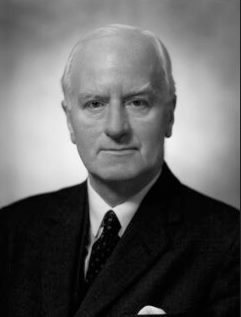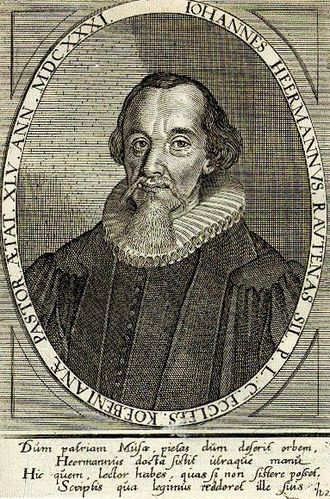
I Give To You A New Commandment Peter Nardone
The anthem today is based on John 13:34-35 A new commandment I give unto you that you love one another as I have loved you. What makes this anthem particularly lovely is the Latin hymn Ubi caritas which is sung by the men after the ladies have sung through the New Testament words as a wonderful counter-tune below the ladies.
Ubi caritas est vera, Deus ibi est. Congregavit nos in unum Christi amor. Exsultemus et in ipso jucundemur. Timeamus et amemus Deum vivum. Et ex corde diligamus nos sincero.
Peter Nardone - (Bach Cantatas Website)
[Where charity is true, God is there. The love of Christ has gathered us into one. Let us rejoice and be glad in him. Let us fear and love the living God. And from a sincere heart let us love one another.]
Peter Nardone was born in Scotland in 1965 and studied organ and piano at the Royal Scottish Academy of Music and Drama. He later studied singing at the Royal Academy of Music, London. In 2012 he was Organist and Director of Music at Worcester Cathedral and artistic director of the Three Choirs Festival. As a singer, he has sung with the Monteverdi Choir, Tallis Scholars, Kings Consort and many others.
His compositions are mostly religious.
Crossing The Bar Sir H Parry Alfred Lord Tennyson
Sunset and evening star,
And one clear call for me!
And may there be no moaning of the bar,
When I put out to sea,
But such a tide as moving seems asleep,
Too full for sound and foam,
When that which drew from out the boundless deep
Turns again home.
Twilight and evening bell,
And after that the dark!
And may there be no sadness of farewell,
When I embark;
For tho' from out our bourne of Time and Place
The flood may bear me far,
I hope to see my Pilot face to face
When I have crost the bar.
Alfred Lord Tennyson (1809-1892) was a British poet, and for much of Queen Victoria's reign was Poet Laureate
Alfred Tennyson, 1st Baron Tennyson by George Frederic Watts
Alfred Lord Tennyson, from Wikipedia
C H H Parry was born in Bournemouth in 1848 into a rich family and was educated at Eton where he also gained his music degree. He went to study further at Oxford. His music influenced other great English composers such as Elgar and Vaughan Williams. He wrote his best music in his later years and this include his Songs of Farewell. He died in Rustington in 1918, just before the end of the Great War.
Sir Charles Hubert Hastings Parry
From Wikipedia



:format(jpeg):mode_rgb():quality(40)/discogs-images/A-3018977-1448348040-3639.jpeg.jpg)


